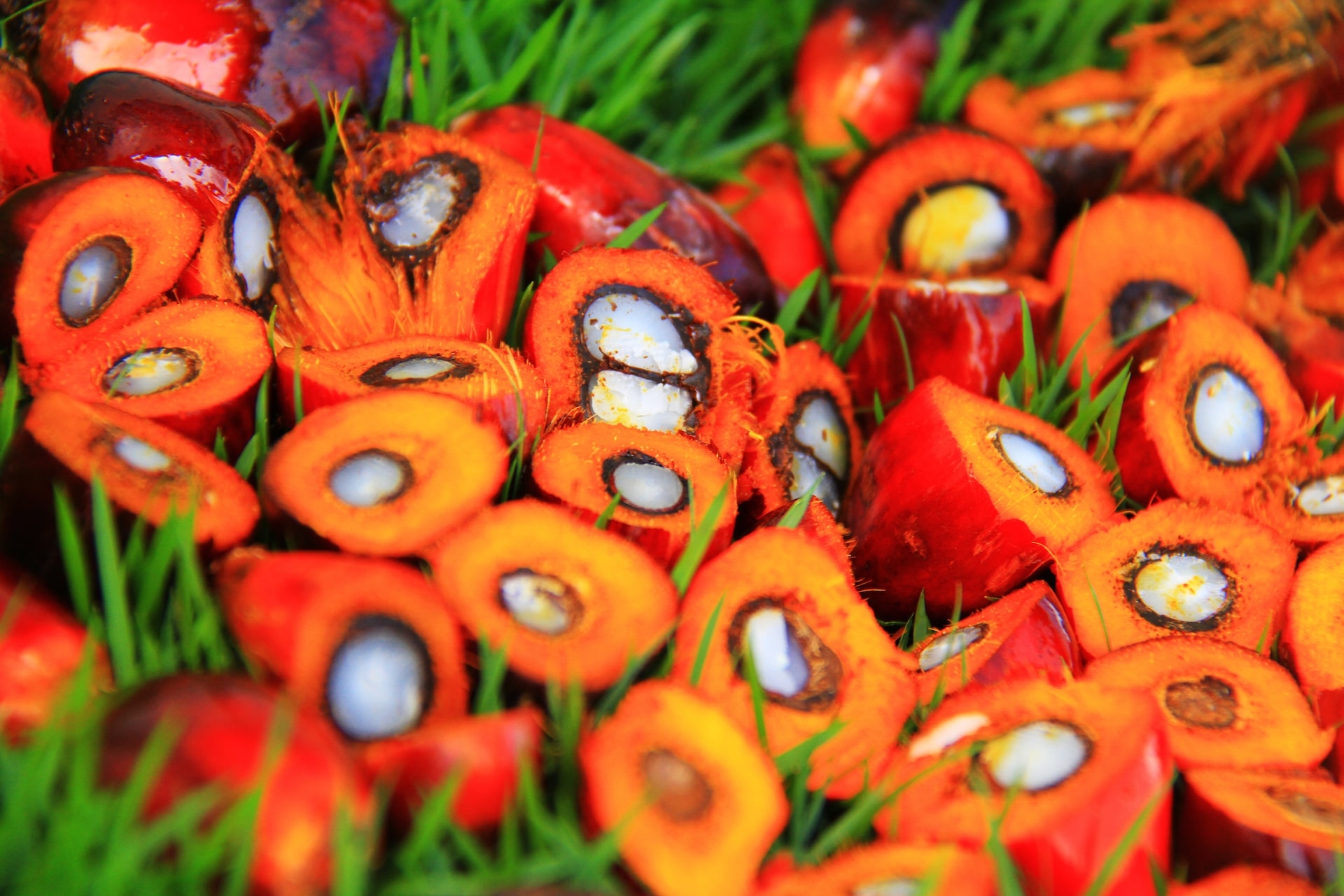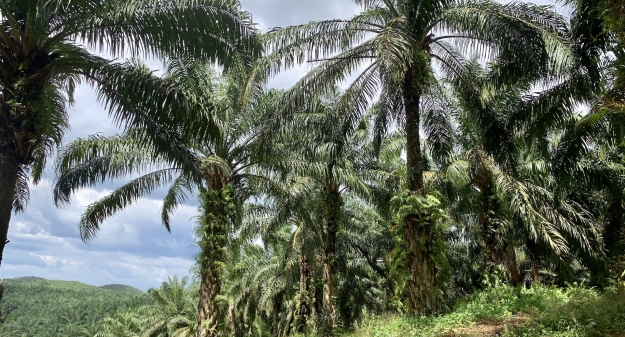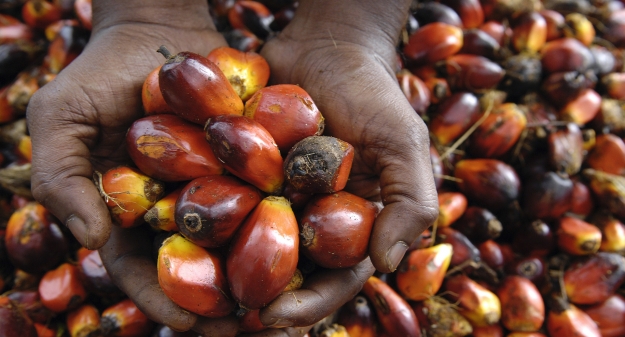.

Palm is one of the most high-yielding and land-efficient crops on the planet. When produced sustainably, palm can deliver value through the entire supply chain.
Some argue that palm’s link to deforestation means the only option is to ‘get out of palm’ and find alternatives. At Mars, we think there is another way. Turning our back on palm would mean leaving behind the economies, communities and people whose livelihoods depend on the crop – and possibly walking toward an alternative with much worse impacts.
As a crop, palm requires relatively less resources to cultivate, like land, water and fertilizers. It’s also up to 6-9x more productive than alternatives within the same growing footprint.
It’s a crop that can be productive for up to 30 years, which makes it attractive and beneficial for farmers to invest in to support and secure their livelihoods.
Palm Oil in Confectionery
Palm oil comes from the fruit of palm trees. Thanks to its unique functionality, palm plays a role in food’s taste, structure, shape and texture.
Palm ensures caramel is creamy, biscuits are crunchy and chocolate melts in your mouth. These are characteristics that consumers expect out of their favorite products.
Palm oil helps make food heat resistant, which is important for keeping our chocolate’s integrity in warm climates.








